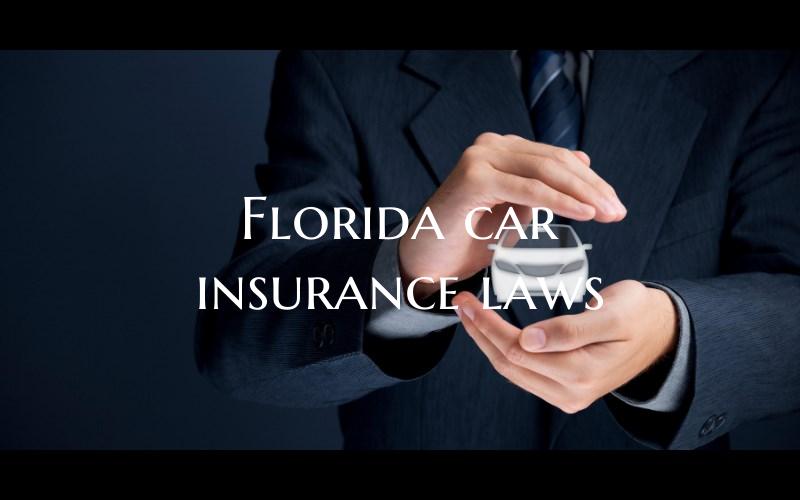Introduction: Car insurance is a critical aspect of vehicle ownership, serving to protect both drivers and their vehicles in the event of an accident or other unforeseen circumstances. Each state has its own set of laws governing car insurance requirements, and Florida is no exception. It is important for drivers in Florida to understand the state's specific car insurance laws to ensure they are adequately covered and compliant with legal requirements.
Minimum Insurance Requirements: In Florida, all drivers are required to carry a minimum amount of car insurance to legally operate a vehicle on the road. The state's minimum insurance requirements include $10,000 in personal injury protection (PIP) and $10,000 in property damage liability (PDL) coverage. Personal injury protection helps pay for medical expenses resulting from a car accident, regardless of who is at fault, while property damage liability covers the cost of damages to another person's property.
No-Fault State: Florida follows a "no-fault" insurance system, meaning that drivers are required to carry PIP coverage to cover their own medical expenses in the event of an accident, regardless of who is at fault. This system aims to reduce the number of lawsuits resulting from car accidents and provide more efficient compensation for injuries.
Uninsured Motorist Coverage: In addition to the minimum required coverage, drivers in Florida have the option to purchase uninsured motorist coverage (UM) to protect themselves in case they are involved in an accident with a driver who does not have insurance or is underinsured. UM coverage can help cover medical expenses and property damage that may not be fully compensated by the at-fault driver's insurance.
Penalties for Non-Compliance: Failure to maintain the required car insurance coverage in Florida can result in penalties and consequences. Drivers who are caught operating a vehicle without insurance may face fines, license suspension, and even vehicle impoundment. It is essential for drivers to stay informed about the state's car insurance laws and ensure they have the necessary coverage to avoid legal repercussions.
Conclusion: Understanding Florida's car insurance laws is essential for all drivers to ensure they are adequately protected and in compliance with state regulations. By maintaining the minimum required coverage, considering additional insurance options like uninsured motorist coverage, and staying informed about the legal requirements, drivers can navigate Florida's roads with confidence and peace of mind knowing they are prepared for any unexpected situations that may arise.

